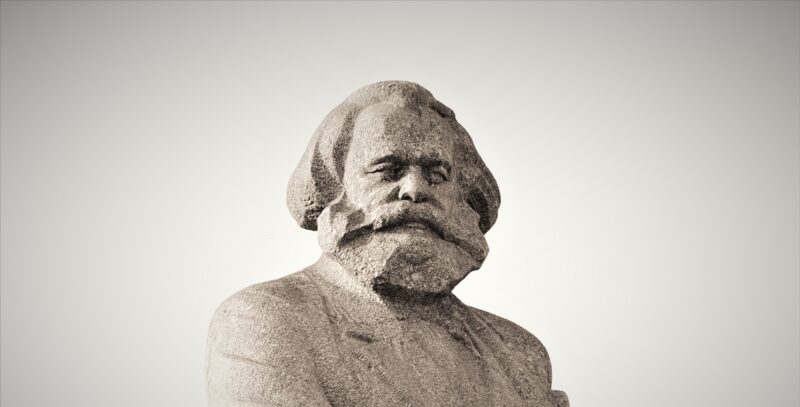A conversation with Philip Zimbardo
Abstract. «Do we born free or do we become free?» is the question flowing under this essay, which arose from a conversation between the author and Philip Zimbardo, the famous social psychologist and author of experiments that have become classics of the social sciences, including the Stanford prison experiment.
Zimbardo explored the so-called “psychology of evil” isolating a series of situational factors capable of inducing the majority of human beings to perform abject actions. The fact that murderers can be produced in the laboratory poses an insidious challenge to the classic categories of criminal law, in particular the assumption that imputability is based on the ability to consent.
The author compares the statements of her interlocutor with some legal philosophical theses and in particular with Kelsen’s considerations regarding the link between the principle of imputation and freedom.
The deep disconnection between Zimbardo’s conclusions and the way contemporary law treats that set of related notions such as responsibility, guilt and imputability is evident.
The author wonders, then, what role freedom could play within a legal system that would take seriously the results of experimental social psychology. She comes to the conclusion that freedom should go beyond natural rights to be configured rather as a duty or as a regulatory ideal for which training is needed.
SUMMARY: 1. The challenge. – 2. «It’s his fault». – 3. Killers and torturers produced in a lab. – 4. Residues of freedom. – 5. Imputable because free or free because imputable? – 6. Freedom training. – 7. Heroes in training. – 8. Freedom as a duty.
To read the Reflection, click on “open file”.
To watch the video of DPU’s interview with Philip Zimbardo, click here.


